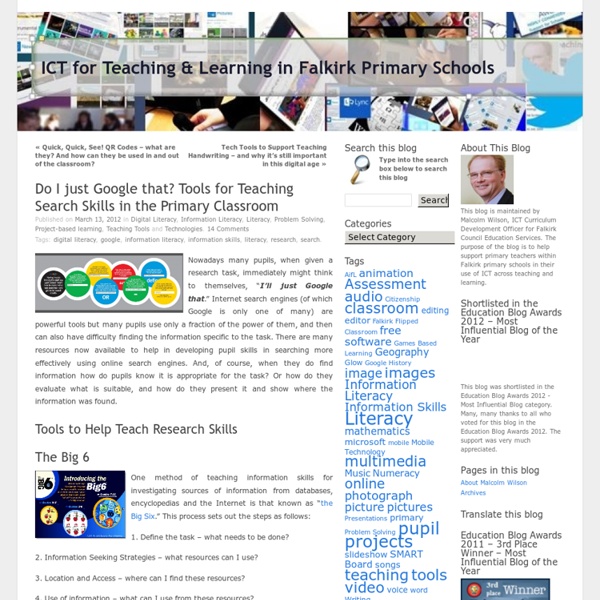Copyright and Creative Commons
Julia’s dream is to make a living as a photographer. In this dream, she takes amazing photos, people buy them, and their purchases fund her future work. But it’s not that simple. Julia wants to publish some of her photos to help spread the word, but she’s concerned because photos are easy to copy. She could lose control and not be able to make a living from her talent. So she does some research and learns that in the U.S., as with other countries, we have laws that give creators of materials like books, images, movies, artwork and music a way to own and protect their creations. And she’s surprised to find that when she creates photos, she owns the copyright to them automatically, without taking any other action. She likes being covered by copyright law, but it limits her exposure, because her permission is required for sharing a photo. Her research leads her to Creative Commons, which is a set of licenses that she can use to make her copyrighted photos free for sharing.
How Wikipedia Works
You've probably seen encyclopedias. Whether you're settling an argument or researching a school project, these books can hold the answers. These days though, the world moves so fast, it's hard for books that were written months or years ago to keep up. Thankfully we have a new kind of encyclopedia that's online, free, built by thousands of people and changes every day. The idea that thousands of volunteers could create an online encyclopedia doesn't sound possible, but thanks to new technology and specific policies, Wikipedia has become one the top 5 sites on the Web. To see how it works, let's get started with the "wiki" in Wikipedia. Being a wiki means that Wikipedia is always changing. This means every change to Wikipedia is reviewed and must abide by two big rules: The first is verifiability, which is necessary to ensure high quality. Requiring contributors to cite these resources in articles and quotations ensures Wikipedia articles are factual and high quality.
Blogger
Welcome to YouTube! The location filter shows you popular videos from the selected country or region on lists like Most Viewed and in search results.To change your location filter, please use the links in the footer at the bottom of the page. Click "OK" to accept this setting, or click "Cancel" to set your location filter to "Worldwide". The location filter shows you popular videos from the selected country or region on lists like Most Viewed and in search results. Loading... 1 2:22 Have you looked at Blogger lately? 2 2:58 Answers the questions: What is a blog? 3 3:21 How to create a blog on Blogger How to Create a Blog on Blogger by BloggerHelp 804,999 views 4 1:33 How to publish a blog post by BloggerHelp 69,171 views 5 1:17 How to add pages to blogger How to create and edit pages by BloggerHelp 88,736 views 6 1:03 Introducing the Blogger Template Designer by Google 727,530 views 7 9:52 How to Use Blogger's Template Designer - Part 1 by thepixelboutique 2,758 views 9 This is old.
Helping Students Create Positive Digital Footprints - ASCD Annual Conference 2012
Christine Fisher When asked what words come to mind when they think about students posting to the Internet, many educators list words like danger and safety. But with the likes of Robert Nay—who created one of the most downloaded iPad apps of 2011 when he was just 14—and even Justin Bieber—who began his international superstardom as a YouTube sensation—as inspiration, students and teachers alike should know the positives that posting to the Internet can offer. This was the message Steve Johnson, a technology skills teacher, parent, and author of two education books, shared during his Saturday session, "Digital Footprints: Your Students' New First Impression." "The main idea we get from surveying teachers [about students posting online] is there [are] a lot of negative connotations," Johnson said, as he aimed to reverse these negative perceptions and encourage educators to promote student-produced online content in their classrooms. "They are going to make mistakes," he said.
Digital-ID - home
Cybersafety: A Lesson Plan Outline in Internet Safety
{*style:<b>In recognition of Internet Safety Month here in the U.S., cybersafety lesson plan ideas from guest author Mario Nguyen. </b>*} With the increasing convergence of technology and education, the benefits of using technology in the classroom often overshadow a focus on the risks that come with such melding. Despite the overwhelming pressure educators feel to move toward technological integration, many find themselves unsure how best to help students navigate safely through the cyber world. Surfing the Internet certainly puts a vast array of knowledge at a student’s fingertips. Social networks can display personal information that is easily accessible by anyone. With enticing claims and the capability of third parties to disguise themselves as legitimate agencies, email messages can be very deceptive. Instant messengers can lead children to become victims of cyber-bullying or sexual harassment. Online games often have built-in instant messaging features. Print This Post



